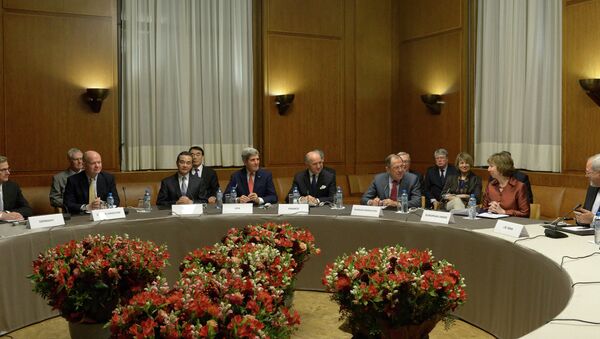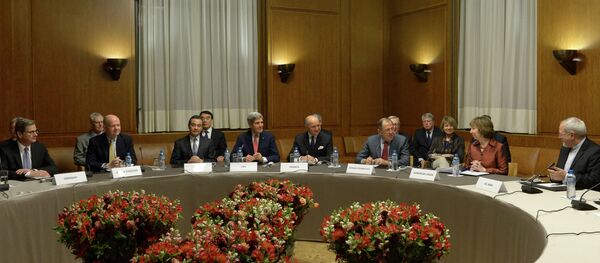"We share the opinion that this timeframe is realistic," Russian Deputy Foreign Minister Sergei Ryabkov said when asked whether the deal can be reached within three or four months.
He said that Moscow would push for intense talks between the P5+1 group of negotiators and Iran and opposed any new extensions of the talks.
"In our opinion, new extensions are simply impossible. This practice is too risky," the negotiator said.
Ryabkov said there were grounds to believe that no rollback in negotiations would take place, with the next step forward to be made next week, although the final decision would take more time.
"We do hope to make a necessary step forward next week, but at the same time I do not expect next week to bring the final solution, as it will require time," he said.
After the parties failed to reach an agreement within the timeframe, the deadline was moved to November 24, 2014. However, the parties again failed reach a consensus during the November talks in Vienna and the deadline was further postponed to July 2015.
The international community has long been concerned with Iran's nuclear program, which Tehran claims is entirely peaceful. The United States and a number of other countries have repeatedly called on Iran to suspend its uranium enrichment activities and introduced several rounds of sanctions against the Islamic Republic.



